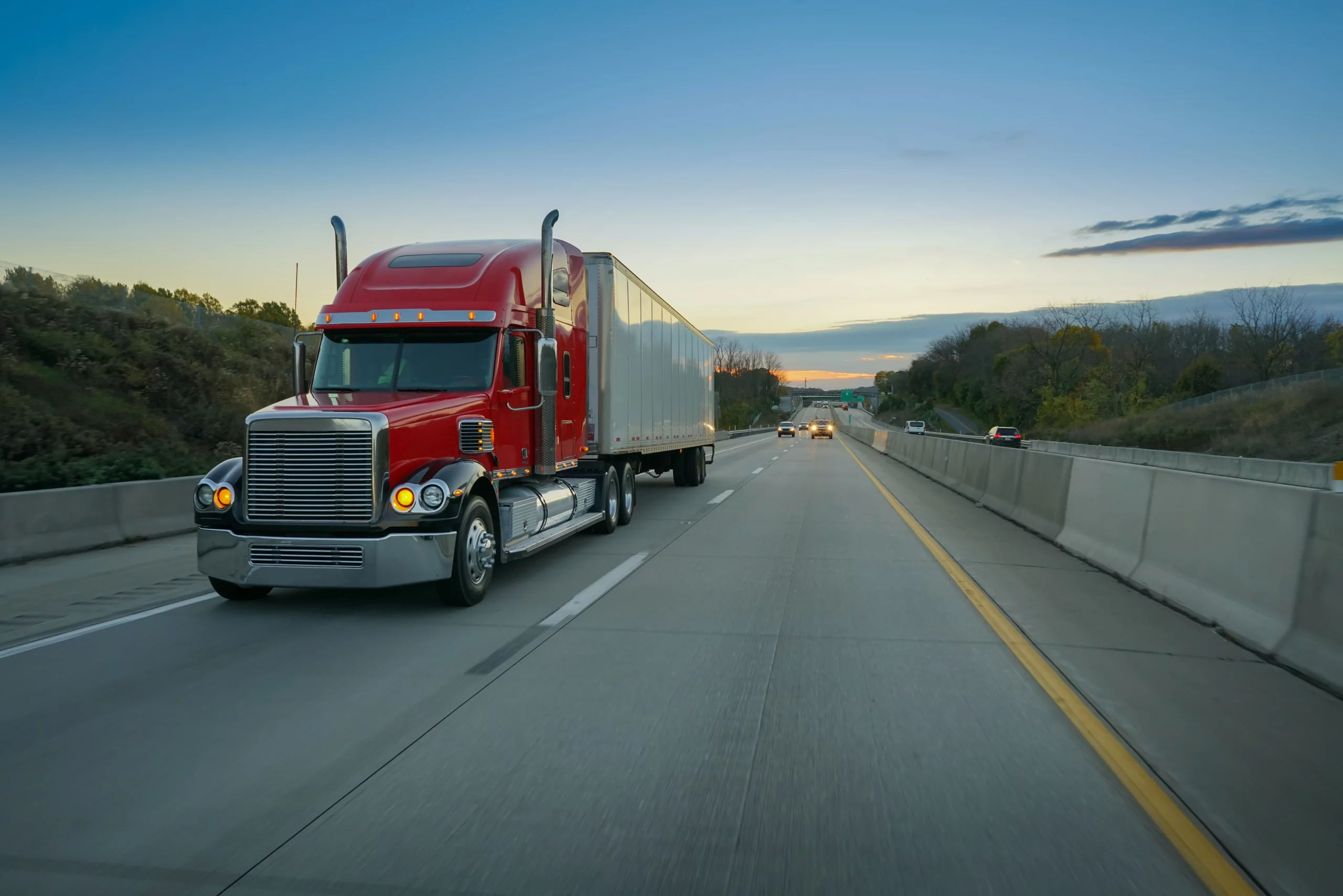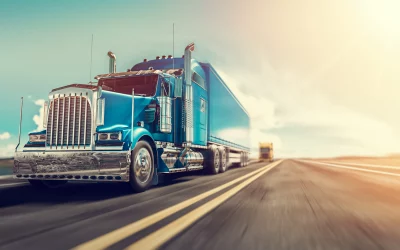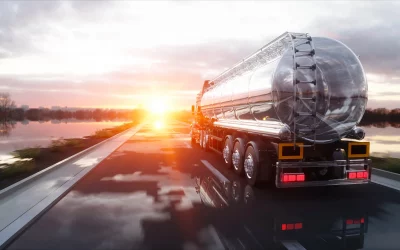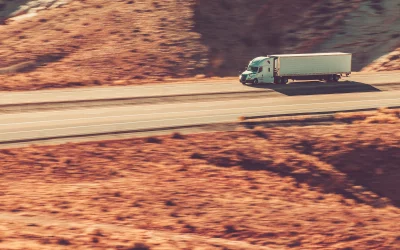Best Denver Truck Accident Attorneys
The state of Colorado is concerned about the safety of its commercial transportation sector. State legislators have implemented several laws, limits, and requirements to enhance truck safety and reduce the chance of accidents. Truckers and trucking businesses must follow national laws set by the Federal Motor Carrier Safety Administration in addition to Colorado’s trucking restrictions.
If a trucking firm violates any state or federal trucking standards, resulting in a major truck accident, the trucking company may be held liable for the victim’s losses. Please contact us if you were injured in a truck accident caused by a careless truck driver or trucking firm. During a free consultation, our Denver truck crash attorneys may be able to assist you in exploring your legal options in Colorado.
Colorado Chain of Custody Law
Every year from September 1st to May 31st, all commercial trucks driving on a certain stretch of Colorado highway must adhere to the state’s tire chain standards. Commercial vehicles travelling Interstate 70 between mile marks 133 and 259 must have chains, according to the Colorado Department of Transportation (CODOT).
Metal chains must be installed on the tires of any car weighing more than 26,000 pounds. These chains will let the large commercial car ascend the high slopes and mountains characteristic of Colorado’s geography in the snow, ice, or rain. They can aid in preventing accidents, disabled cars, and the resulting traffic congestion and road closures.
A business motorist who fails to comply with Colorado’s chain requirement might face penalties and fees of up to $67; if a statewide chain requirement for smaller cars is in effect, the penalties for a violation rise to $579. The total punishment is $1,157 if a commercial truck without the requisite chains blocks the roadway.
Permits for Oversized Trucks
A commercial truck that exceeds the federal height or weight limit (an extra-legal car) must get the appropriate oversize/overweight permit to operate in Colorado. Before driving on state roads, illegal cars must get permission.
Even if the truck driver has a permit, he or she must adhere to regulations on when, where, and how the truck may travel. For example, if the truck is wider than 12 feet, it will only be permitted to travel alone from dawn to sunset. Oversize Load signs, flags, and lights are also required for extra-legal cars.
Drunk Driving Regulations
Like all other states, Colorado restricts drivers from driving cars while under the influence of drugs or alcohol. The legal blood alcohol content (BAC) limit for a regular driver in Colorado is 0.08 percent and 0.04 percent for a commercial driver. The police will usually test a driver’s BAC at the alleged accident via a breath test or another method.
The legal BAC limit for business drivers is half that of a non-commercial motorist in Colorado. For a BAC of 0.04 percent, a truck driver might be charged with and convicted of drunk driving (just two alcoholic drinks for the average male truck driver). Likewise, commercial drivers are prohibited from driving their cars after consuming alcohol for four hours.
A trucking firm in Colorado may ask its drivers to submit to random drug and alcohol tests. It may also compel drivers to do alcohol testing such as blood or breath tests after at-fault truck accidents. A trucking firm may also require drug or alcohol testing if there is a reasonable suspicion of drunkenness or pre-employment screenings. A commercial drunk driving conviction may result in a suspended or revoked commercial driver’s license in Colorado.
Special Hazmat Regulations
The CDOT has rules in place (hazmat). Different organizations may designate a road as a hazardous route if it meets the standards, according to Colorado Revised Statutes Title 42, Article 20. This comprises a practical, feasible, continuous, safe path and will not obstruct hazardous material transit.
It is generally safe if a hazardous route does not have higher collision and death rates than the region and population average. When a road in Colorado is classified as a national hazmat route, cars hauling hazardous chemicals may be forced to utilize it instead of other roadways. To help avoid major accidents in Colorado, it’s critical to follow all of the state’s transportation requirements.
In Denver, be aware of your towing restrictions.
Some Denver motorists believe that whatever they can hook up to their trailer hitch may be hauled. Nope. If you’re going to undertake any towing in Denver, you should be aware of safety concerns, Colorado towing rules, and the possibility of responsibility.
Towing safely requires an understanding of two ratings. Your car’s tow rating is the maximum weight it can safely tow. They determine the towing rating for each car. However, the value might be influenced by the car’s choices. Denver drivers can consult their owner’s manual’s towing section to find out the particular towing rating for their car.
Your trailer hitch has a weight restriction as well, which may or may not be compatible with your car’s towing capacity. Your car may be rated for 10,000 pounds (4,500 kg), but if your hitch capacity is just 2,000 pounds (900 kg), you shouldn’t tow more than that (900 kg). If you pull a trailer weighing 10,000 pounds (4,500 kg) on that hitch, it may break loose, and you will be responsible for any damages that ensue.
Another common pick-up car, for example, has a towing capacity of 10,300 pounds (4,600kg). However, the owner’s handbook says that trailers weighing more than 2,000 pounds (900 kg) must employ a sway control system, and trailers weighing more than 5,000 pounds must use a weight-distributing hitch (2,300 kg).
If a car owner tows a 6,000-pound (2700 kg) trailer without a weight-distributing hitch and causes an accident, the owner will be held accountable for failing to follow Colorado’s towing regulations.
Tow weights include the weight of people and luggage within the tow car, so Denver car owners should keep that in mind. You may only pull a trailer weighing up to 6,300 pounds if your tow rating is 7,000 pounds (3,200 kg) and you’re transporting 700 pounds (320 kg) of passengers and baggage (2,880 kg).
The GVWR and GCWR are two figures that Denver drivers should be aware of. Typically, these identifiers are etched on the inside of the driver’s door. The term “gross car weight rating” refers to the total weight. The maximum weight the car can safely transport in passengers and freight is calculated by subtracting the GVWR from the car’s overall weight. Gross Combined Weight Rating (GCWR) is an acronym for Gross Combined Weight Rating. Take that figure and deduct the weight of the tow car and trailer to obtain the maximum amount of people and goods that the tow car and trailer can safely transport.
This may seem a little difficult, but ignoring these ratings is a bad idea. You become responsible in the case of an accident if you transport or tow weights that exceed the maximum ratings in Colorado.
When pulling a trailer in Denver, it is required to use safety chains. Trailer brakes may also be required in certain Colorado jurisdictions. Others just need trailer brakes in certain circumstances. If you want to pull a trailer, you should familiarize yourself with Denver’ rules on trailer brakes and hitches, as well as weight and length limitations.
Towing securely in Colorado necessitates using the correct tires on the towing car. Tires must be in excellent condition with sufficient tread and have a load rating high enough to support the trailer’s weight. When towing throughout Denver, your qualified Lighthouse Automotive tire technician can assist you in choosing the correct tire.
Because it is particular to your car, the owner’s manual is the best place to go for towing information. Before you do any towing, make sure you read everything well. Keep your preventative maintenance up to date, and practice excellent car care to maintain your car’s safety on the road—especially while towing a trailer.
Warrior Car Accident Lawyers
1902 W. Colorado Ave., Suite 100
Colorado Springs, CO 80904







